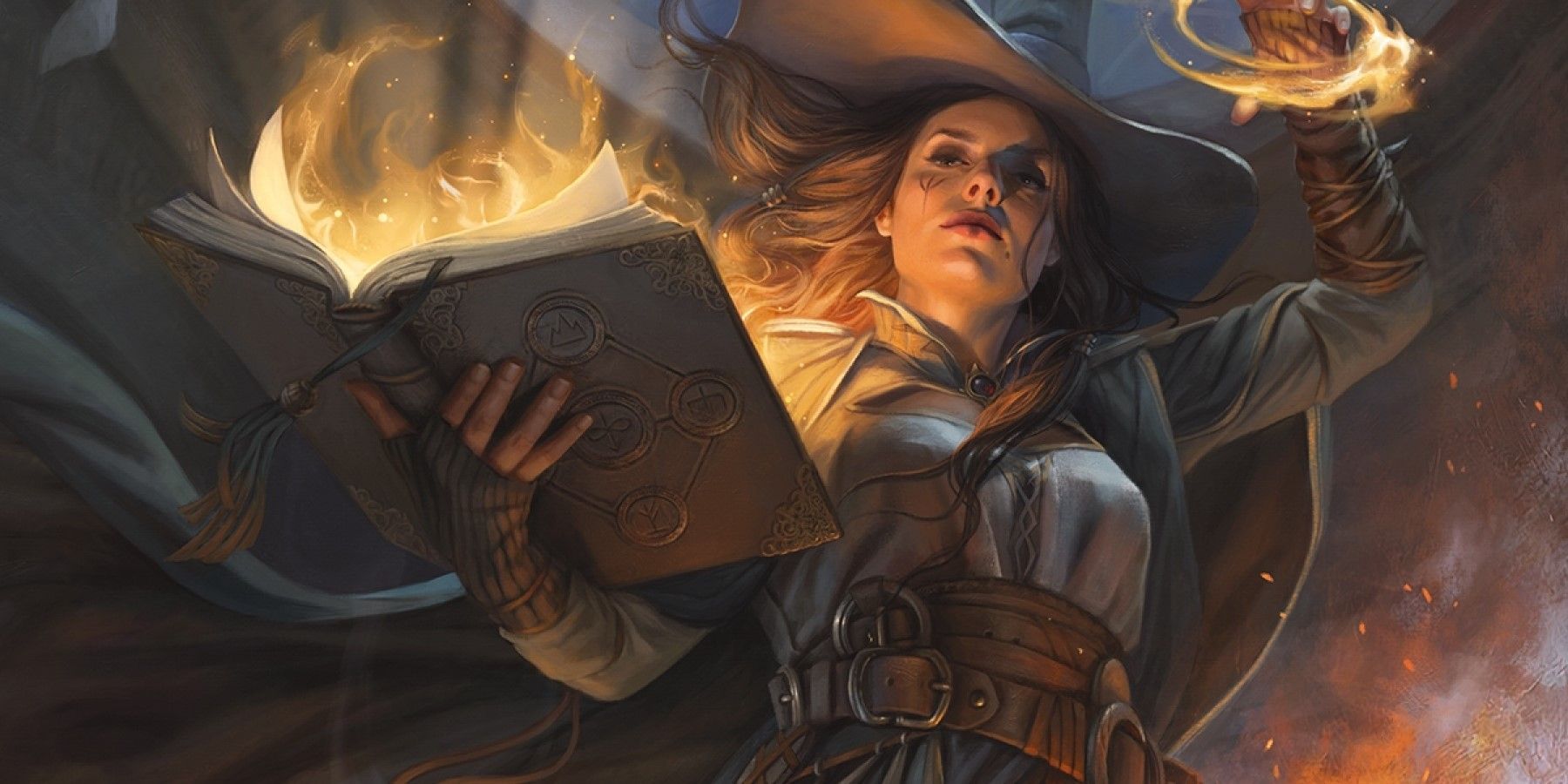Dungeons & Dragons has dominated the tabletop RPG market for almost half a century now, and its latest edition is one of the most popular to date. Dungeons & Dragons Fifth Edition made a lot of changes to the core D&D system, and reversed many of the more unpopular decisions made by the Fourth Edition. One of the bigger updates was to the Ritual Casting system, which allows spellcasters to perform magic without using their precious spellslots.
Rituals can be a powerful tool in any character's arsenal, allowing them to perform powerful magical effects without having to memorize them beforehand or use slots. However, the system can be a little difficult for new Dungeons and Dragons players to understand, and requires some outside-the-box thinking to reach its full potential.
What Is Ritual Casting In Dungeons & Dragons Fifth Edition?
D&D 5E greatly simplified 4E's Ritual Casting feature, removing unique Rituals and merging the whole thing with spellcasting. In Fifth Edition there are no dedicated Rituals, only Spells with the Ritual tag. Any spell with this tag, which is displayed as a small R next to the casting time, can be cast as a Ritual by extending the casting time by 10 minutes. Casting a spell as a Ritual does not consume a spell slot, and classes like the Wizard that prepare their spells don't need to prepare Rituals. Finally, spells cast as Rituals can't be cast at a higher level, even if their normal versions can.
All of these features combined makes Ritual Casting a great choice for those utility spells that have niche uses and aren't time-dependent. Spells like Purify Food and Drink or Ceremony don't come up very often in regular play, but Ritual Casting gives players a great reason to pick them up. Although the extra 10 minutes of casting time makes Rituals unsuitable for combat, there are plenty of non-combat situations where a well-chosen Ritual can make the difference between success and failure.
Who Can Cast Rituals In Dungeons & Dragons Fifth Edition?
There are only five classes in Dungeons & Dragons Fifth Edition that can cast Rituals by default: Artificers, Bards, Clerics, Druids, and Wizards. These five can cast any appropriate spell that they know or have in their spellbook as a Ritual, without having to prepare it. However, Rituals are not only limited to these five classes.
Any character, even one from a non-magical class, can pick up the Ritual Caster Feat. This Feat allows players to choose one of the Ritual Casting classes, and learn any two level 1 spells from their spell list. These spells can only be cast as Rituals, but a character with Ritual Caster can also copy more spells into their Ritual book as they find them.
Players with the Ritual Caster feat cannot copy spells that are higher level than half their character level rounded up. In addition, copying a spell takes 2 hours and 50 gold pieces for each level of the spell. For example, a level 6 Barbarian trying to copy the level 3 spell Leomund's Tiny Hut would take 6 hours, and need to pay 150gp. Although this cost is quite high, the benefits of being able to perform these magical effects as a non-caster character can be huge. Players with the Ritual Caster Feat can even copy spells directly from their companion's spellbooks, allowing a well-organized team to ensure that a vital Ritual is always on hand.



